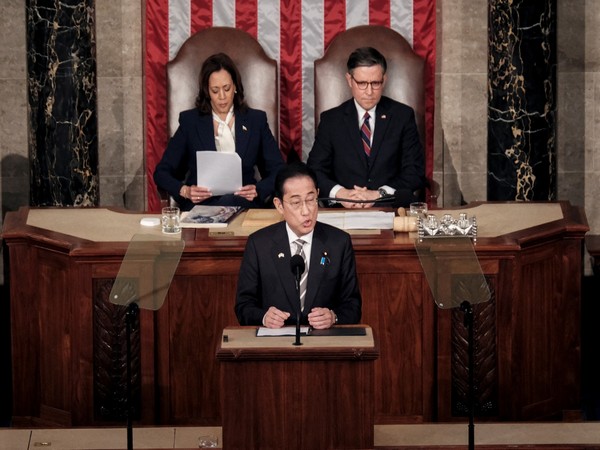Japanese PM Fumio Kishida to Resign Amid Political Scandals, Rising Prices
Japanese Prime Minister Fumio Kishida will step down in September after a three-year term troubled by political scandals and economic challenges. His resignation ignites a contest for new leadership to address rising living costs, geopolitical tensions, and fiscal policies. Kishida's tenure saw Japan's recovery from the COVID pandemic and shifts in economic strategy.

Japanese Prime Minister Fumio Kishida has announced his decision to step down in September, concluding a three-year period marred by political scandals and economic hurdles. This move paves the way for a new premier to manage the impact of rising prices.
"I will continue to do everything I can as prime minister until the end of my term in September," Kishida stated in a televised press conference, confirming his decision not to seek re-election as the Liberal Democratic Party (LDP) leader. His resignation triggers a leadership contest to replace him as both party boss and leader of the world's fourth-largest economy.
Kishida's support plummeted following revelations about the LDP's ties to the controversial Unification Church and unrecorded political donations at fundraising events. According to Michael Cucek, a professor at Temple University in Tokyo specializing in Japanese politics, Kishida's fall from grace had been foreseeable for some time.
The incoming LDP leader will face the daunting tasks of uniting a divided party and tackling further increases in living costs, escalating tensions with China, and the potential return of Donald Trump as U.S. President. As Japan's eighth-longest-serving post-war leader, Kishida guided Japan out of the COVID pandemic with significant stimulus spending but later pivoted to more conservative economic policies by appointing Kazuo Ueda to lead the Bank of Japan (BOJ).
In July, the BOJ unexpectedly raised interest rates as inflation surged, unsettling stock markets and devaluing the yen. Kishida's departure could usher in tighter fiscal and monetary policies, affecting risk assets such as equities, according to Shoki Omori, chief Japan desk strategist at Mizuho Securities.
Kishida also moved away from corporate profit-driven trickle-down economics to focus on boosting household incomes through wage hikes and share ownership promotions.
(With inputs from agencies.)










